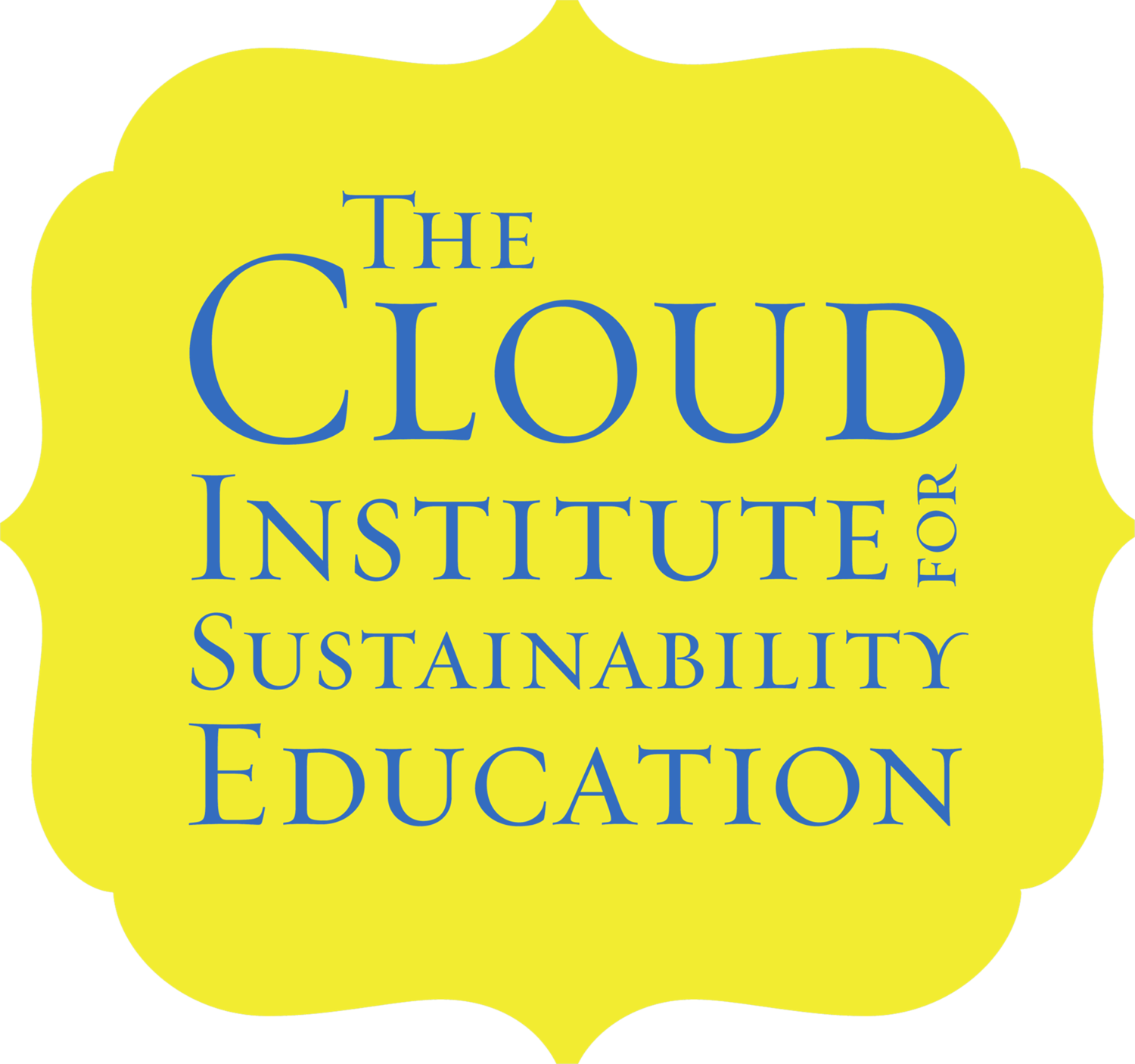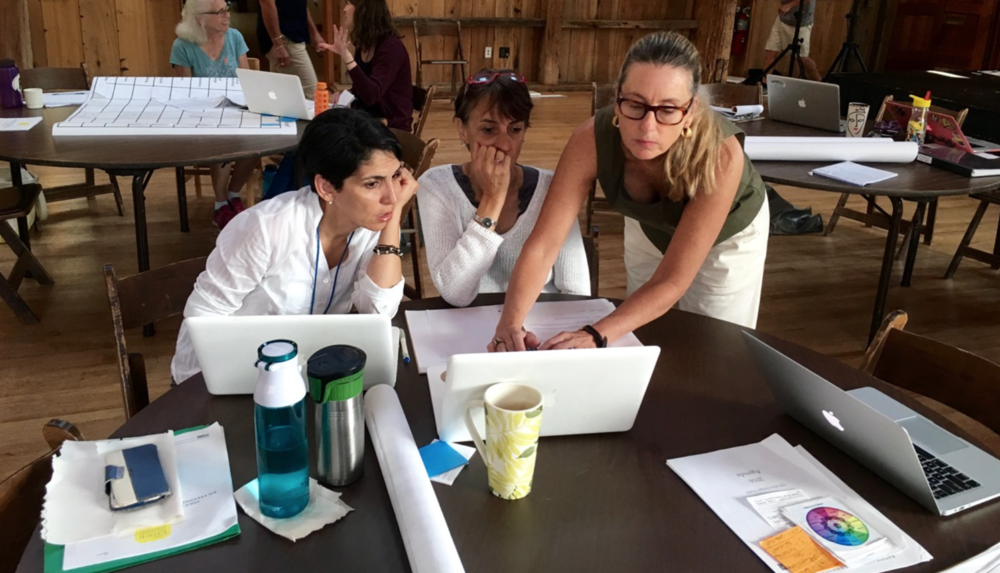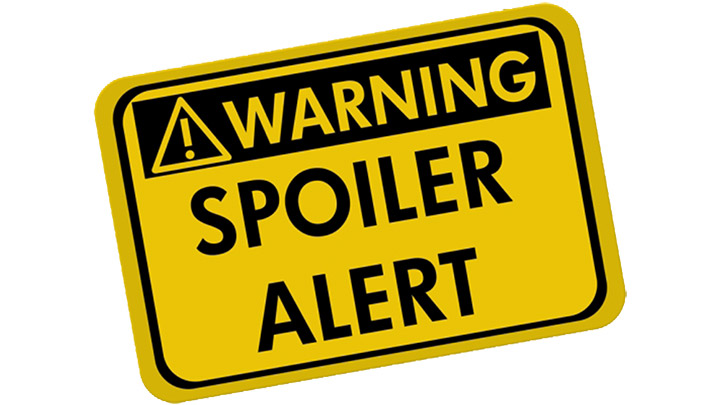“What kind of future do we want?” That’s the central question that Jaimie Cloud poses to educators and students.
As president of The Cloud Institute for Sustainability Education, Cloud has since 1993 worked with schools to “sustainable-ize” their curricula. It’s her contribution to the kind of future she wants – one where human beings thrive all over planet Earth, without undermining the fundamental support systems of Nature and Society.
On August 30 – 31, 2016, Cloud worked with Willow’s teachers to align elements of their curriculum with the “enduring understandings” associated with educating for sustainability and its nine core content standards: Cultural Preservation & Transformation; Responsible Local & Global Leadership; The Dynamics of Systems & Change; Sustainable Economics; Healthy Commons; Natural Laws & Ecological Principles; Inventing & Affecting the Future; Multiple Perspectives; and Strong Sense of Place.
Over the coming school year, Cloud will continue to consult with Willow and to coach faculty to deepen our understanding and delivery of sustainable education, and to more effectively document and map the curriculum as a whole.
“We had two goals in bringing Jaimie in this summer,” said Willow’s Head of School, Jerry Loewen. “One was to become more focused and more effective in our delivery of sustainability education. The other was to provide the entire faculty with a totally shared experience and totally shared definitions and expectations.”
The workshop marks Cloud’s third round of work with Willow in the last decade. Over that time, she has noticed a maturing of the school and a deepening sense of grounded-ness.
“I am glad to be back,” said Cloud, who collaborated closely with Loewen and Assistant Head of School Amy Swenson to customize her two 2-day workshop for Willow’s needs. “I look forward to working with Jerry, Amy and the faculty to build a regenerative curriculum to match the buildings!”
For Willow’s veteran teachers, the workshop offered a chance to more fully map their courses in relationship to one another, and to document what’s been working. For new hires, it was a chance to learn more about the Willow brand of education.
“Jaimie Cloud’s work on developing the whole child through a lens that appreciates the interconnectedness of all things is incredibly inspiring,” enthused Willow’s new third grade teacher Amy Arnold. “The EfS curriculum is just one more reason I am thrilled to be part of Willow. I cannot wait to see our students in action—working together toward their greatest purpose!”
Throughout the coming school year, teachers will document and map aspects of their curricula online. Cloud will serve as a coach, visiting Willow monthly to work with teacher-leaders as they embed appropriate knowledge, skills and dispositions of Education for Sustainability into exemplary curriculum units to share with their colleagues.
“The habits of mind we are developing for our students through these efforts are vital not only for them and their future, but for the broader community,” explained Loewen, “so we are examining ways to spread this work much more widely this year.”
The end goal of all this effort is to truly teach our students in ways that make them agents of effective and sustainable change for themselves, and ultimately for the world.







